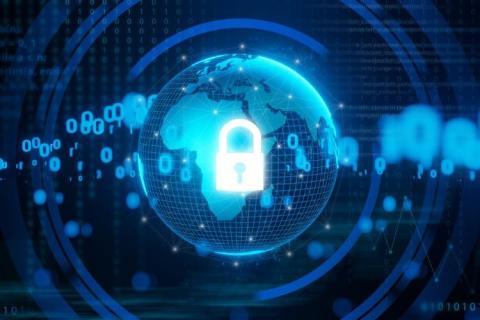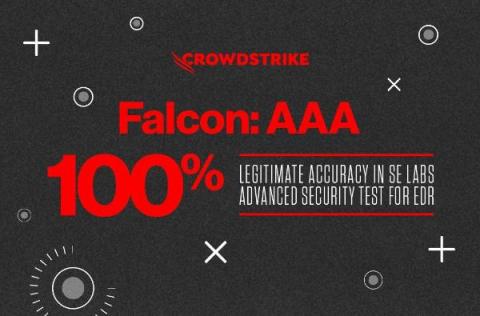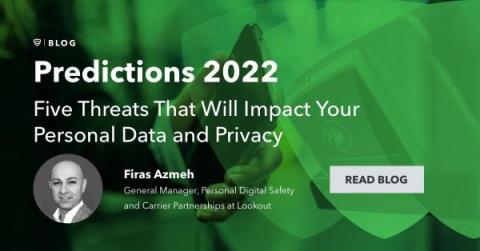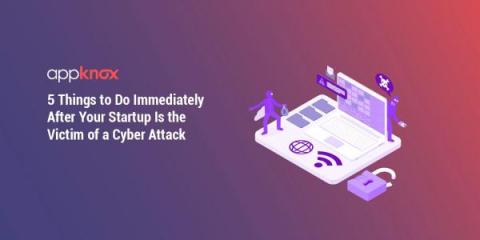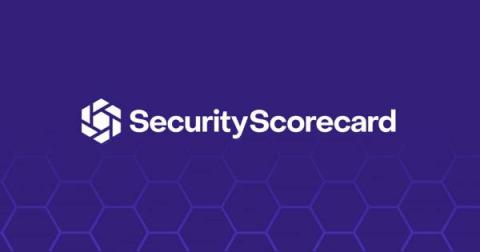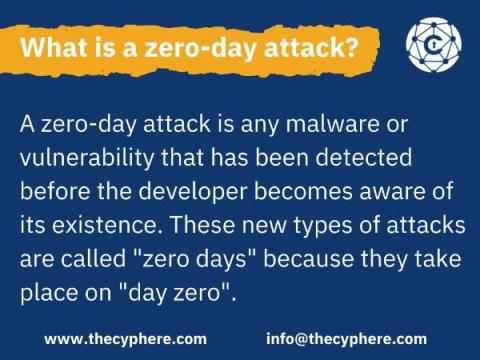Security | Threat Detection | Cyberattacks | DevSecOps | Compliance
Latest News
What are Indicators of Attack (IOAs)? How they Differ from IOCs
Indicators of Attack (IOAs) demonstrate the intentions behind a cyberattack and the techniques used by the threat actor to accomplish their objectives. The specific cyber threats arming the attack, like malware, ransomware, or advanced threats, are of little concern when analyzing IOAs. Instead, only the sequence of events leading to the deployment of a cyber threat are considered in this cybersecurity strategy.
What is an Advanced Persistent Threat (APT)?
An Advanced Persistent Threat (APT) is a cyberattack campaign where a threat actor establishes a long-term presence inside a breached network to continuously steal sensitive data. In order to evade detection throughout the entire APT attack life cycle (which could last for many years), these cyber threats must always exceed the evolving sophistication of common security controls. The advanced attack methods of APT groups makes this cyber threat significantly more difficult to intercept.
CrowdStrike Falcon Detects 100% of Attacks in New SE Labs EDR Test, Winning Highest Rating
CrowdStrike Falcon received a new AAA award from independent testing organization SE Labs, achieving a 100% Attacks Detected rating in the latest SE Labs Advanced Security Test, part of the endpoint detection and response (EDR) testing category. These test results speak to CrowdStrike’s commitment to transparency and Falcon’s comprehensive insight into detecting relevant elements of attack throughout sophisticated adversary attack chains.
Predictions 2022: Five Threats That Will Impact Your Personal Data and Privacy
In Q1 of 2021, 4 in 10 people encountered an unsafe link while using their mobile devices – less than a year later, 5 in 10 people encountered threats in Q3 2021. This trend will only continue as text message, email and social media phishing scams surge.
5 Things to Do Immediately After Your Startup Is the Victim of a Cyber Attack
Stats suggest that 43% of cyber attacks target small businesses and 60% of these attacks are encountered within the first 6 months of setting up a business. While the horrors of cyber attacks are known to everyone, getting such a fatal blow right when you are starting, can send your startup on a trip to Bermuda Triangle! However, proper planning and having a reliable security strategy can help you bring back from the place of no return!
The Top Cyber Attacks of November 2021
6 Common Hacking Techniques and How to Avoid Them
According to the recent Verizon Data Breach Investigations report, 45% of breaches featured hacking in 2020. With high-value information such as user credentials and credit card information being stored on personal devices and transmitted freely online, hacking techniques have evolved to become more sophisticated than ever before.
Why Cyberattacks Increase During the Holiday Seasons
Cybercrime is a relevant threat any time of year, but especially during the holidays. The FBI recently issued a warning about rising ransomware attacks on holidays and weekends, a trend that is far from new but growing. As cybercrime continues to rise, holiday cybersecurity needs to improve. Many of the largest cyberattacks, including the Colonial Pipeline attack, have happened over various holidays. Smaller attacks tend to increase around these times of the year, too. Here are six reasons why.
What are Zero day Attacks? - A Comprehensive Guide
Cyber threats and attacks are a growing issue for businesses because the amount of vulnerabilities has increased. The volume of global malware has risen 58% annually, and the volume of spam has risen by more than one-third in the past 12 months. These issues have made it more difficult for employees to focus on what they need to do. Zero-day attacks in cyber security are one such challenge for security teams around the world.


